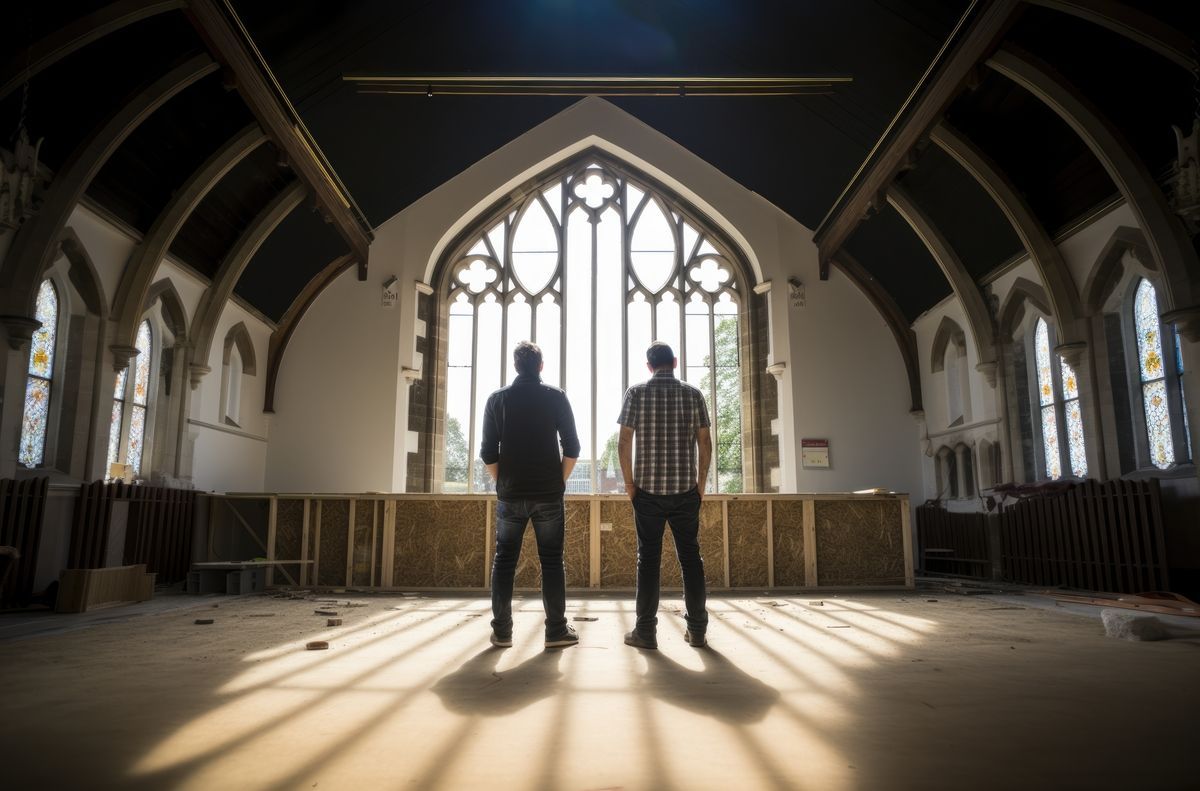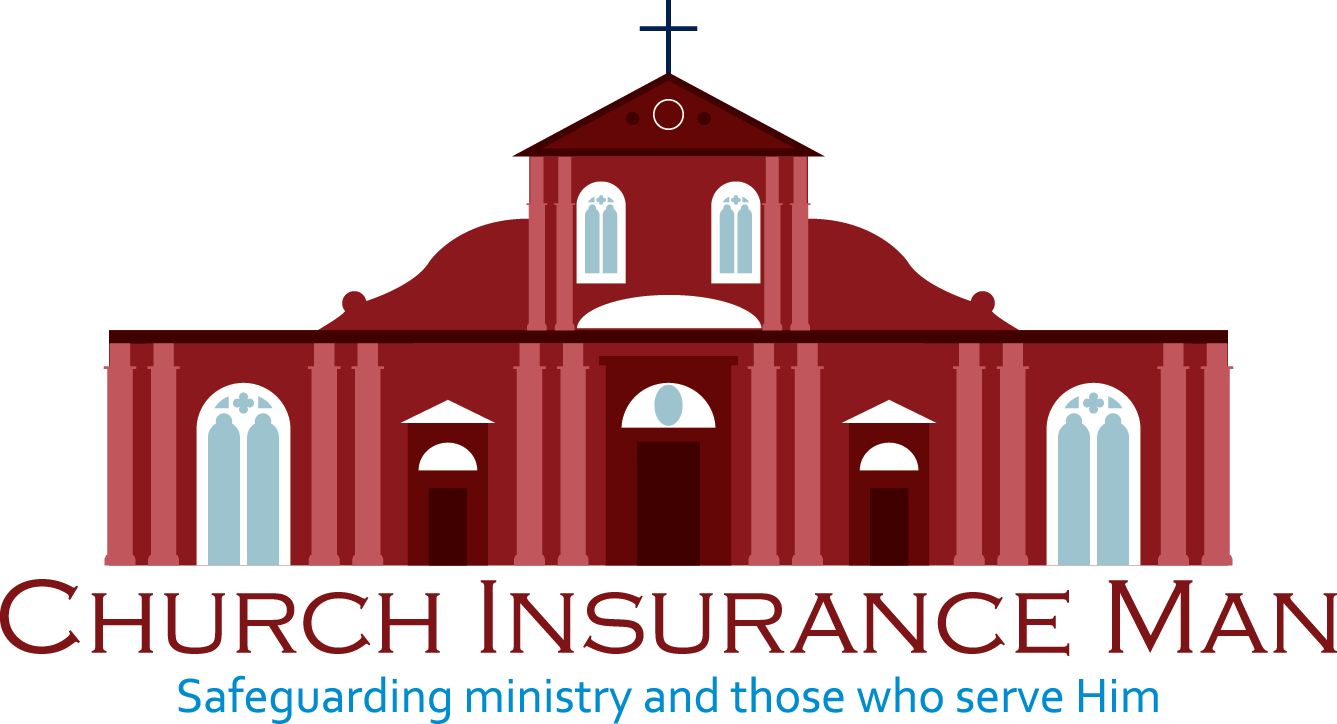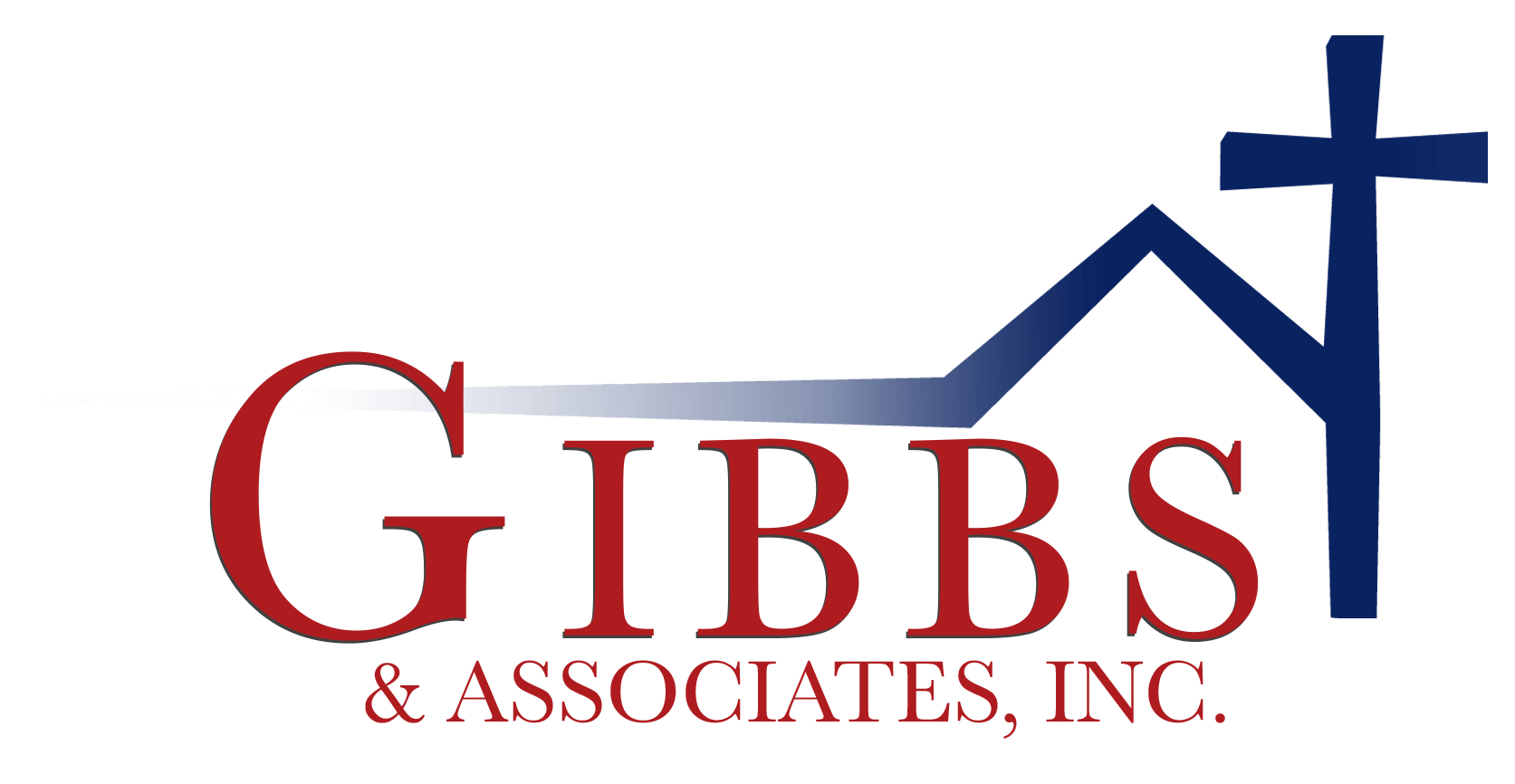Comprehensive Non-Profit Insurance in Georgia: A Step-by-Step Checklist
Non-profit organizations face unique risks and challenges while striving to make a positive impact on their communities. One key aspect of ensuring the success and sustainability of such organizations is obtaining comprehensive insurance coverage. Thankfully, the process of securing adequate non-profit insurance in Georgia can be streamlined with a clear understanding of the necessary steps. This step-by-step checklist is designed to guide leaders of non-profit organizations through the process of evaluating coverage options, selecting the right policy, and ensuring comprehensive protection for their missions and operations.
Armed with this knowledge, non-profit leaders in Georgia can confidently navigate the complex world of insurance and focus on their essential work in serving their communities and advancing their causes. By following these steps, organizations can achieve the peace of mind that comes with knowing their valuable assets and operations are well-protected from potential risks and liabilities.
Step 1: Identify Your Non-Profit's Coverage Needs and Risks
Before diving into the insurance purchasing process, it's crucial to assess your non-profit organization's unique coverage needs and potential risks. Consider the activities, events, and services your organization provides to the community, and take note of any possible liabilities or exposures. These could include:
1.1. Property Risks:
This encompasses potential damage or loss to your organization's buildings, equipment, or vehicles. Your location, property value, and assets should be accounted for when assessing your property insurance needs.
1.2. Liability Risks:
Liability risks can involve accidents, injuries, or damages that may occur as a result of your organization's actions or activities. For instance, these may include slips and falls on your premises or injuries caused by negligence. General liability insurance is essential in these cases.
1.3. Employee-related Risks:
Workers' compensation insurance is vital for any non-profit organization with employees. This coverage protects organizations from potential legal claims due to workplace injuries or illnesses.
1.4. Directors and Officers Insurance:
This coverage protects your organization's leaders in the event of claims arising from their actions or decisions related to the management and operations of the non-profit.
Step 2: Research Non-Profit Insurance Options in Georgia
Once you have identified your non-profit's coverage needs, it's essential to research the available options for non-profit insurance in Georgia. Reach out to specific providers like Church Insurance Man who specialize in non-profit insurance coverage and compare the policies, premiums, and service offerings of various providers.
Step 3: Seek Expert Advice From an Experienced Agent
Navigating the world of non-profit insurance is a complex task, and working with a knowledgeable and experienced agent is highly recommended. Consulting with an agent like Church Insurance Man who is familiar with the nuances of non-profit organizations in Georgia will help you determine the ideal coverage for your organization's unique requirements.
Step 4: Evaluate Coverage Limits and Policy Exclusions
When selecting non-profit insurance coverage, adequate coverage limits and policy exclusions should be considered carefully. Assess your potential liability exposures and property values to determine appropriate coverage limits, while paying close attention to policy exclusions and any critical coverage options that may not be included in the standard policy.
Step 5: Verify the Insurer's Reputation and Financial Strength
Before settling on a non-profit insurance provider, research the insurer's reputation for customer service, claim responsiveness, and financial strength. With the help of an expert like Church Insurance Man, choose a company known for prompt and efficient claim handling, and verify the insurer's financial stability by checking rating agencies like A.M. Best for an accurate view of the provider's ability to meet its financial obligations in the long term.
Step 6: Regularly Review and Update Your Insurance Policies
Insurance policies should not be viewed as a one-time purchase. Regularly review and update your non-profit insurance coverage as your organization grows and evolves. Schedule yearly check-ins with your agent to reassess your policies, confirm they remain adequate and up-to-date, and consider making adjustments as needed.
Step 7: Implement Risk Management Practices
While obtaining comprehensive non-profit insurance coverage is essential for protecting your organization, implementing proactive risk management practices can help minimize potential losses and reduce insurance costs. Develop safety protocols, foster a culture of risk awareness, and ensure that staff and volunteers are adequately trained to avoid accidents and incidents.
Step 8: Clearly Communicate Your Insurance Policies to Staff and Volunteers
To ensure everyone involved in your non-profit organization understands their responsibilities and the limits of the insurance coverage, communicate your insurance policies clearly in writing to staff, volunteers, and board members. This ensures appropriate actions are taken in case of an incident, and everyone is aware of necessary procedures.
Step 9: Create an Incident Response Plan
An effective incident response plan outlines the necessary steps your organization should take after an accident, injury, or other incident. Develop a comprehensive response plan detailing the roles and responsibilities of staff members and volunteers and provide this plan to all personnel.
Step 10: Leverage Available Resources and Support
Take advantage of resources and support within the non-profit community, such as insurance education, risk management resources, and best practices. Stay informed about local regulations and updates related to non-profit insurance in Georgia and consult with your insurance agent to ensure your organization remains compliant with state requirements.
Navigating the complex world of non-profit insurance in Georgia is made more manageable with this step-by-step checklist. By identifying coverage needs, researching insurance options, seeking expert guidance, and implementing risk management practices, non-profit organizations in Georgia can secure comprehensive coverage and mitigate potential risks.
Protect Your Non-Profit's Mission With Comprehensive Insurance Coverage
Securing comprehensive non-profit insurance coverage is integral to safeguarding your organization's mission, assets, volunteers, and employees. By following this step-by-step checklist and partnering with an
experienced insurance provider like Church Insurance Man, non-profit leaders in Georgia can confidently navigate the complexities of insurance and obtain tailored coverage solutions for their unique requirements.
Your non-profit's purpose and commitment to the community deserve protection. Don't leave your organization's mission and operations vulnerable to risks and liabilities. Contact the Church Insurance Man in Georgia today to discuss your non-profit's insurance needs and explore suitable
insurance for churches that will shield your organization and ensure you can continue to make a positive impact, no matter what challenges you may face. With expert guidance, a dedication to serving non-profit organizations, and a thorough understanding of Georgia's insurance landscape, you can rest assured that your non-profit will be well-equipped to thrive and serve your community for years to come.











